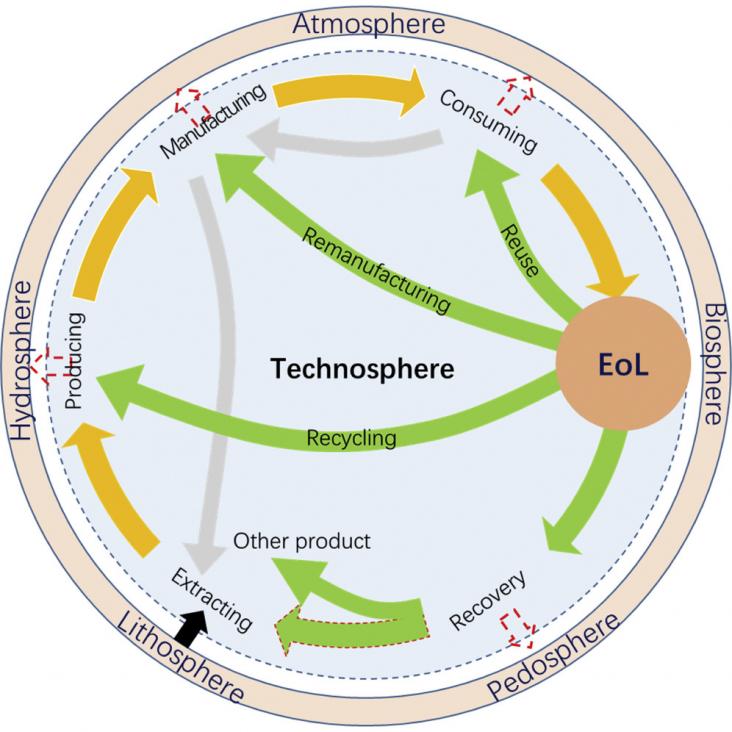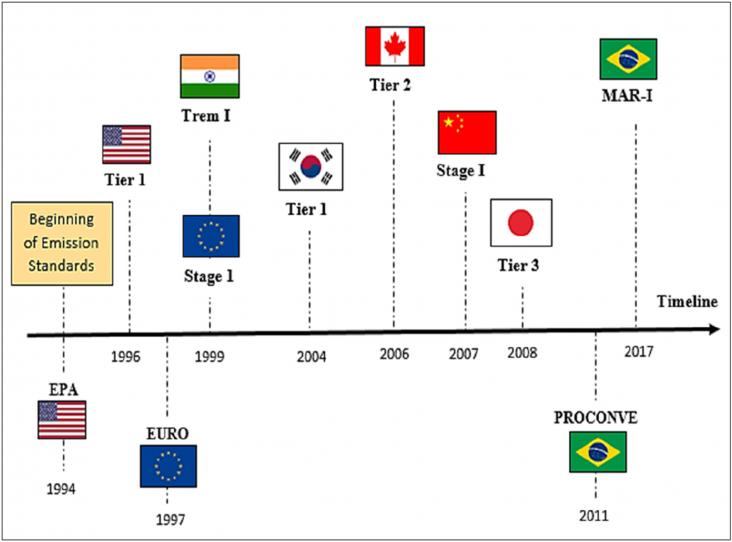The climate emergency and population growth are challenging water security and sustainable urban design in cities worldwide.
Electric vehicles (EVs) are widely regarded as the key to finally making private mobility clean, yet virtually no research is being conducted on their potential contribution to the expansion of imp
Climate change can have detrimental effects on child health and wellbeing.

Chris D. Jones, Chapter 4 - Numerical modeling of the global climate and carbon cycle system, Editor(s): Trevor M. Letcher, Climate Change (Third Edition), Elsevier, 2021, Pages 67-91
Trevor M. Letcher, 1 - Global warming—a complex situation, Editor(s): Trevor M. Letcher, Climate Change (Third Edition), Elsevier, 2021, Pages 3-17
Aaditya Chaturvedi, Bhanu Pandey, Aneet Kumar Yadav, Shubham Saroj,
Chapter 5 - An overview of the potential impacts of global climate change on water resources,
Editor(s): Binota Thokchom, Pengpeng Qiu, Pardeep Singh, Parameswar K. Iyer,
Water Conservation in the Era of Global Climate Change,
Elsevier,
2021,
Pages 99-120,
ISBN 9780128202005

